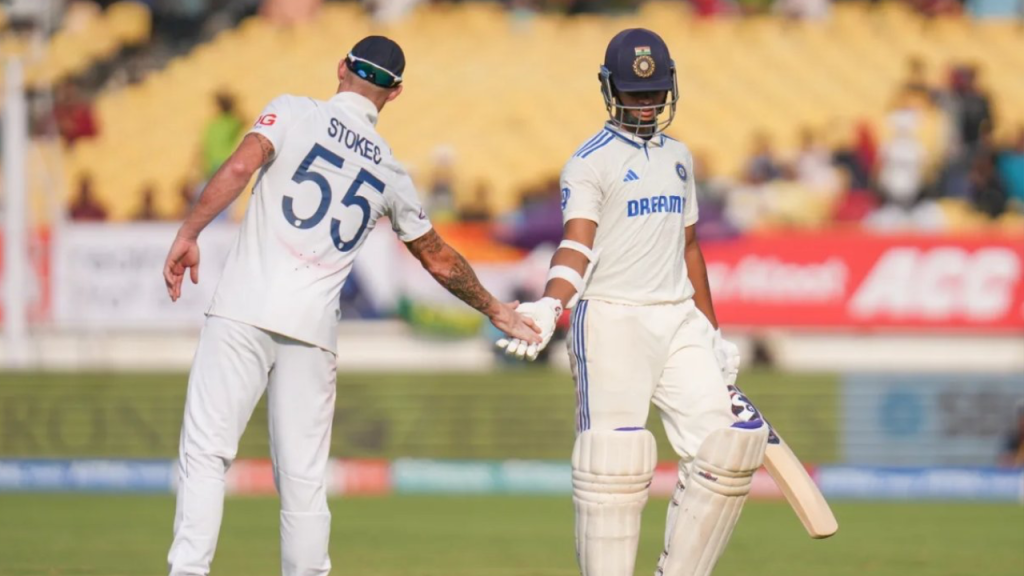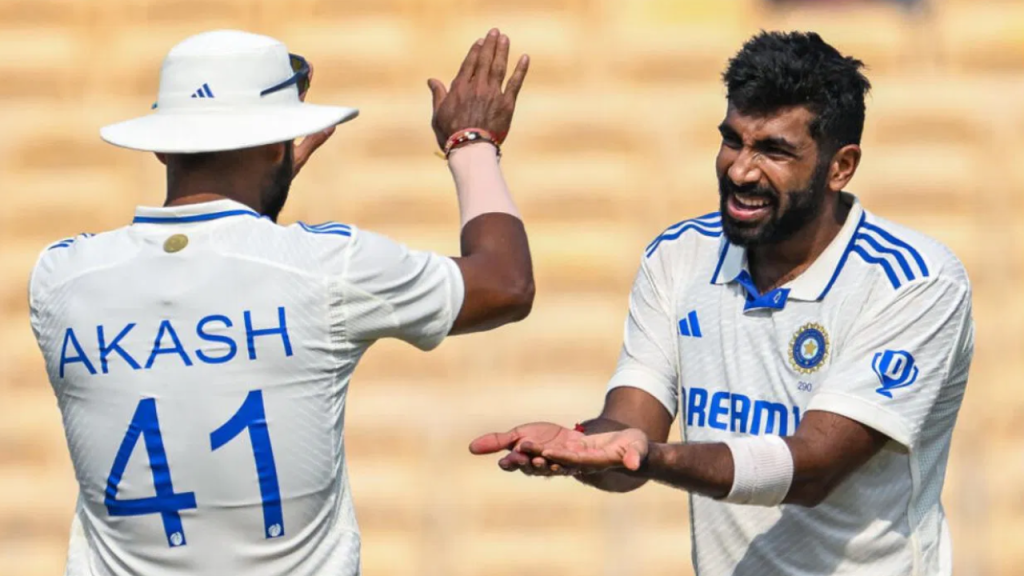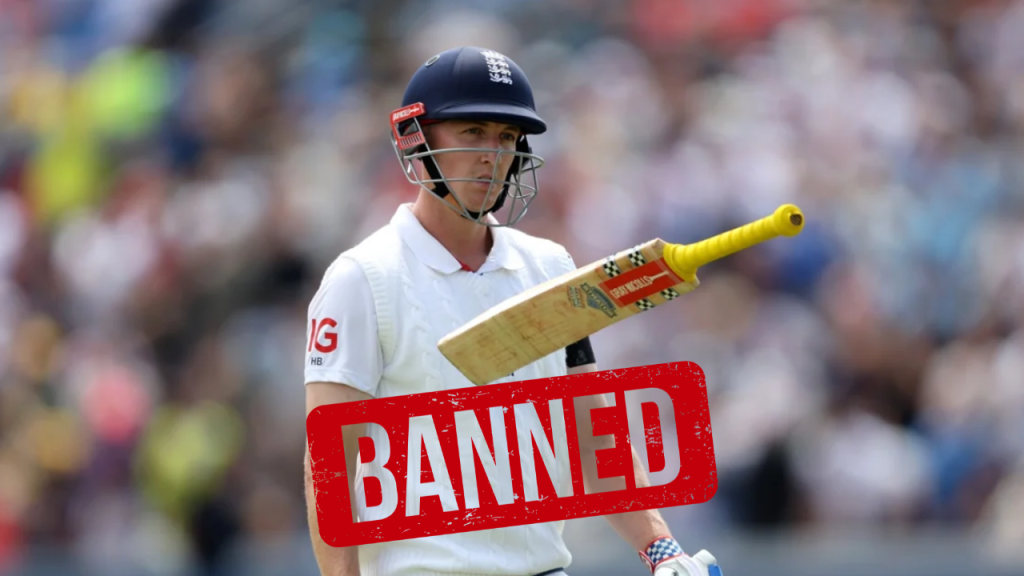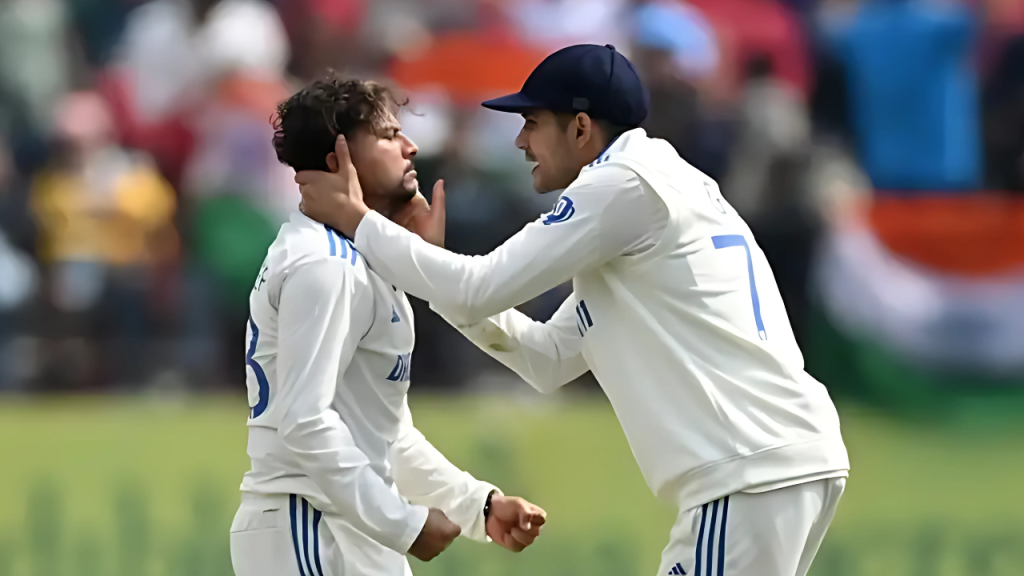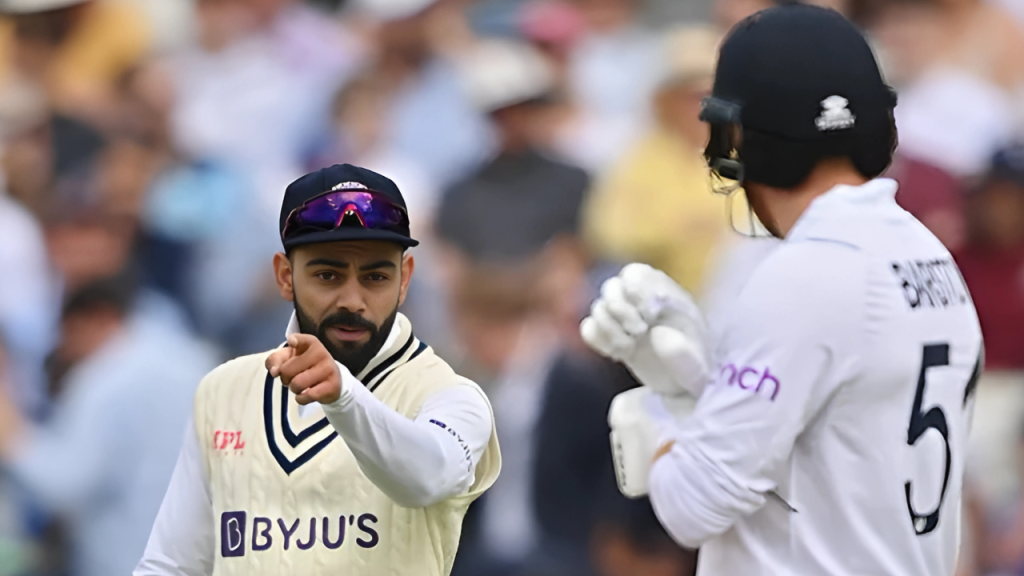In cricket, where every run, wicket, and over can define a team’s legacy, the recent Test match between England and New Zealand has sparked a debate that transcends the boundaries of the pitch. England, under the captaincy of Ben Stokes, clinched a victory against New Zealand in the first Test, a match that concluded with ample time in hand, yet it was marred by an ICC penalty that has left fans and players alike questioning the priorities of the game’s governing body.
England’s triumph over New Zealand was not just a display of cricketing prowess but also highlighted an ongoing issue within the sport – the enforcement of over-rate penalties. Despite finishing the game with what Ben Stokes described as “10 hours of play still left,” both teams were fined and docked 3 WTC points for a slow over rate. This decision by the ICC has stirred a hornet’s nest, with Stokes taking to social media to voice his frustration, pointing out the irony of penalizing teams for not adhering strictly to the over rate when the match concluded well within the scheduled time.

Ben Stokes, known for his candidness, didn’t hold back. His Instagram story, “Good on you ICC. Finished the game 10 hours of play still left,” encapsulates the frustration felt by many within the cricketing community. Stokes’ criticism isn’t just about the points; it’s about the essence of Test cricket, where the spirit of the game should arguably take precedence over strict adherence to over rates, especially when the match’s outcome isn’t in doubt.
The debate over over rates in Test cricket isn’t new. While the ICC’s intent is to keep the game moving, ensuring entertainment and fairness, critics argue that this rigidity can sometimes detract from the game’s natural flow, particularly in scenarios where teams are close to a result or when conditions are challenging. Stokes’ point raises a valid question: Should the game’s governing body prioritize the letter of the law over its spirit, especially when there’s no compromise on the match’s outcome or entertainment value?
As the cricketing world awaits the second Test between England and New Zealand, scheduled for December 6th, the over-rate issue remains a talking point. Will teams now rush through overs to avoid penalties, potentially risking injuries or compromising on strategy? Or will there be a reconsideration of how over rates are managed, especially in Test cricket, where the game’s format inherently allows for more strategic play?
The incident involving England, New Zealand, and the ICC’s decision serves as a microcosm of the larger discussion on how cricket should evolve. While maintaining the game’s pace is crucial, perhaps there’s room for flexibility, especially when the match’s integrity and entertainment are not compromised. Ben Stokes’ critique might just be the catalyst needed for a broader conversation on how the ICC can balance its rules with the spirit of cricket, ensuring that the game remains both competitive and true to its roots. As fans, we watch with interest, hoping for a resolution that respects the game’s traditions while embracing necessary changes for its future.
